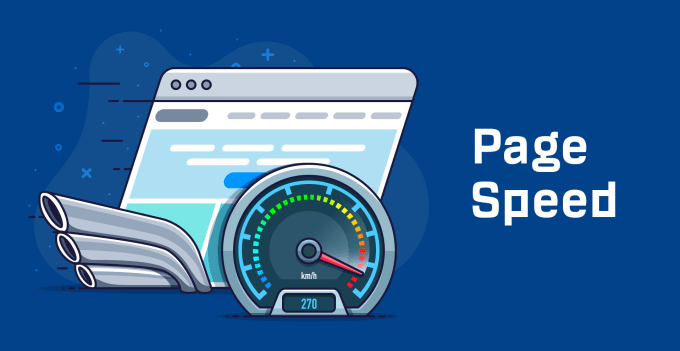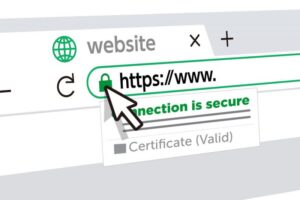When you’re managing a WordPress website, whether it’s a professional site, an e-commerce platform, or a site in need of maintenance, the ability to measure and analyze its performance is invaluable. This is where website analytics comes into play. In this guide, we’ll explore the significance of analytics and how it can empower you to make data-driven decisions to improve your website. If you need expert guidance on implementing analytics or any web-related service, please contact me at email: afhamzahid5@gmail.com or Phone: +92 315-3212271.
Table of Contents
Understanding Website Analytics
Website analytics refers to the process of collecting, measuring, analyzing, and reporting data about website usage. It provides insights into your website’s performance, user behavior, and various key performance indicators (KPIs). By understanding these metrics, you can make informed decisions to enhance your website.
Why Are Website Analytics Important?
- Performance Evaluation: Analytics helps you assess how well your website is performing. You can track metrics such as page views, bounce rate, and session duration.
- User Behavior: Analytics provides insights into how users interact with your website. You can see which pages are most popular, how users navigate your site, and where they drop off.
- Conversion Tracking: For e-commerce websites, analytics is essential for tracking conversions, sales, and other valuable actions taken by users.
- Content Optimization: Analytics helps identify which content is resonating with your audience and which might need improvement. This allows you to optimize your content strategy.
- SEO Insights: By tracking search engine referral traffic, keywords, and ranking positions, analytics can inform your SEO strategy.
Implementing Analytics in WordPress
- Choose an Analytics Tool: There are several analytics tools available, with Google Analytics being one of the most popular. Sign up for an account and obtain your tracking code.
- Install a Plugin: To integrate analytics with your WordPress site, you can use a plugin like “MonsterInsights” to simplify the process.
- Configure and Verify: Follow the instructions to configure the plugin with your analytics tracking code. Verify that data is being collected properly.
- Set Goals and Events: In Google Analytics, you can set up goals and events to track specific user interactions, such as form submissions or downloads.
- Use Analytics Reports: Regularly review the analytics reports to gain insights into your website’s performance. Pay attention to key metrics like traffic sources, user demographics, and conversion rates.
Best Practices for Using Analytics
- Regular Monitoring: Don’t set and forget. Regularly monitor your analytics data to stay informed about your website’s performance.
- A/B Testing: Use A/B testing to experiment with changes to your website and see which versions perform better.
- Mobile Insights: Pay attention to mobile device analytics to ensure your website is optimized for mobile users.
- Security: Ensure that you’re implementing analytics securely to protect user data and privacy.
- Data Interpretation: Understand the meaning behind the data. For example, a high bounce rate may indicate issues with page content or loading times.
Conclusion
Website analytics is a powerful tool that can transform how you manage your WordPress website, whether it’s a professional site, an e-commerce platform, or a site in need of maintenance. By tracking key metrics and user behavior, you can make data-driven decisions to optimize your site, improve user experience, and achieve your goals.
If you have questions about implementing analytics in WordPress or need expert guidance on web-related services, please contact me at email: afhamzahid5@gmail.com or Phone: +92 315-3212271. I’m here to assist you in unlocking the power of analytics to boost your website’s performance.




